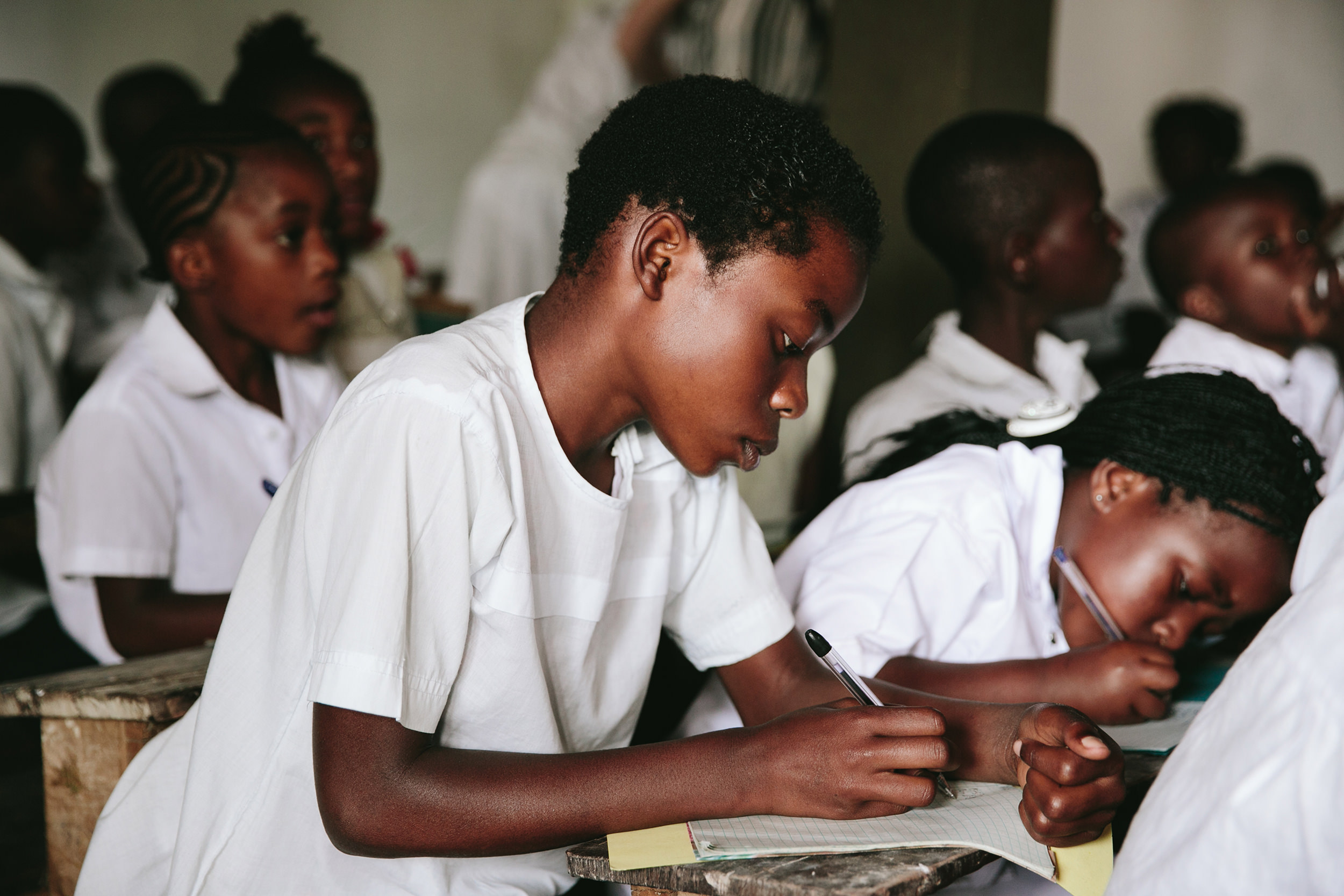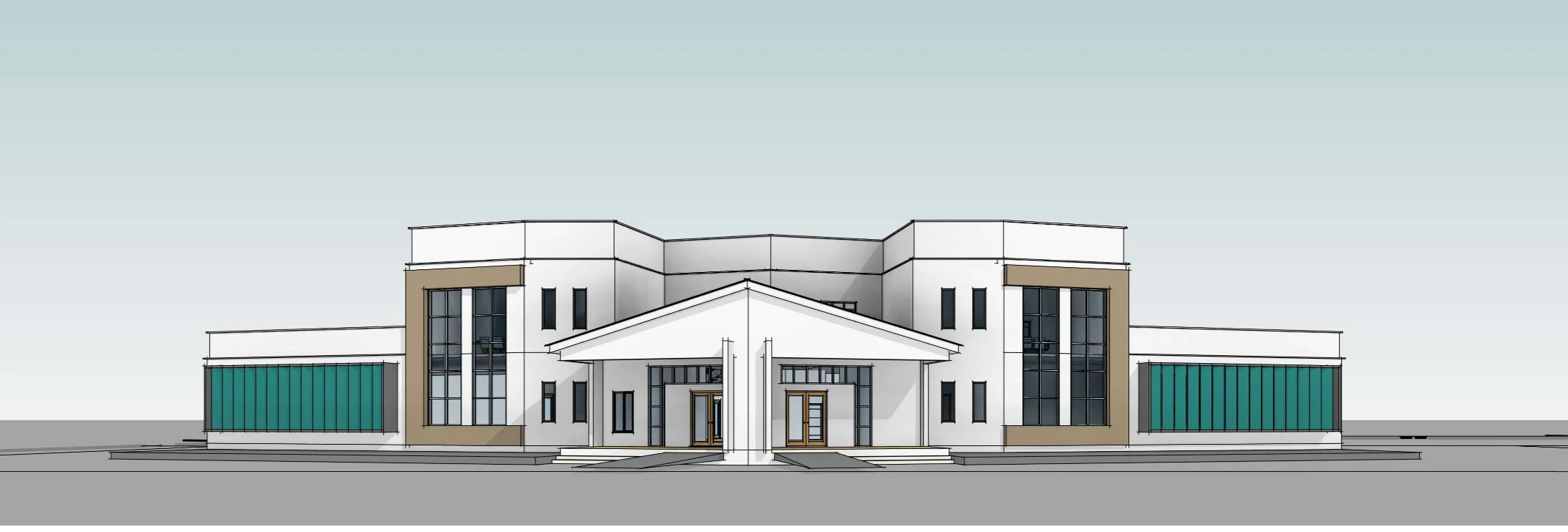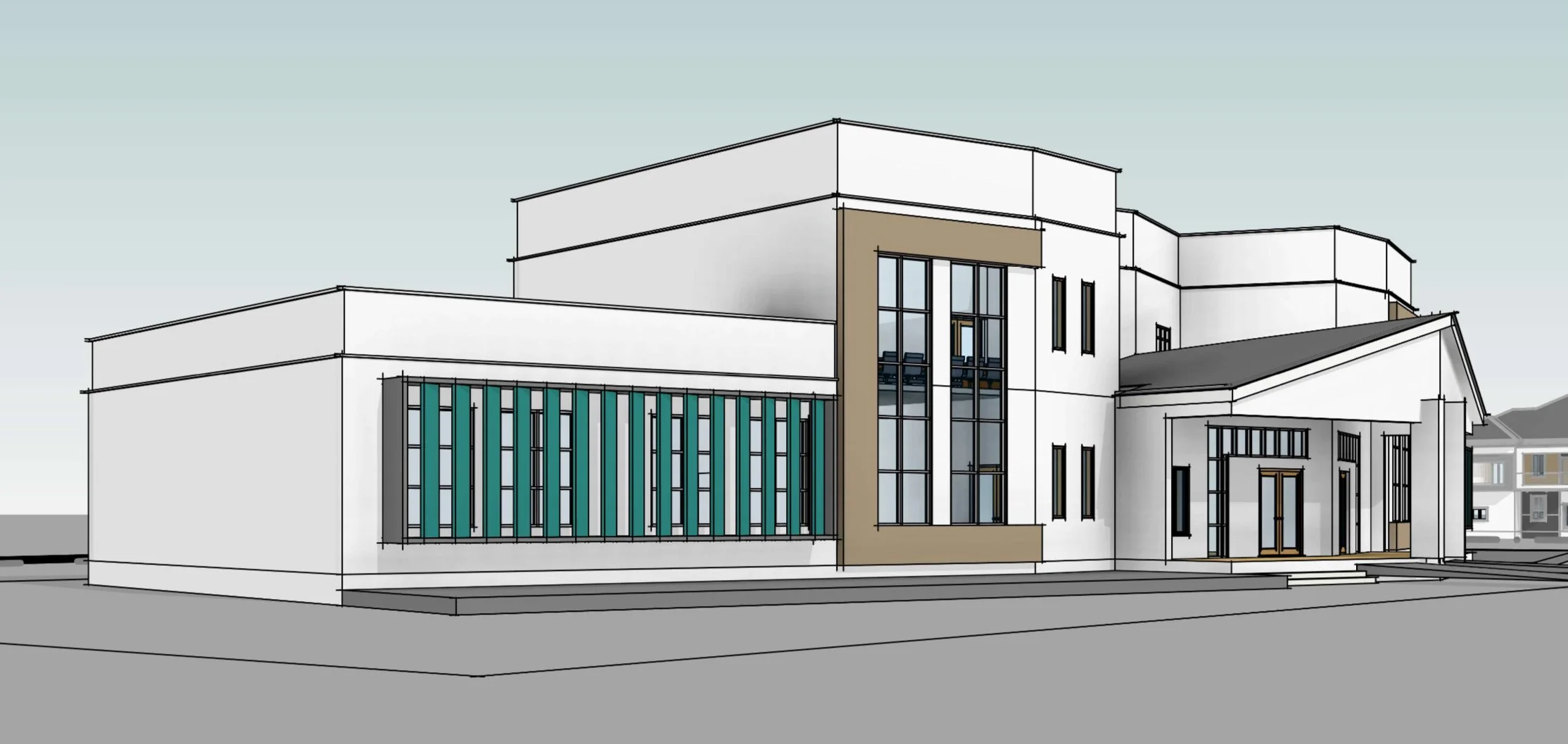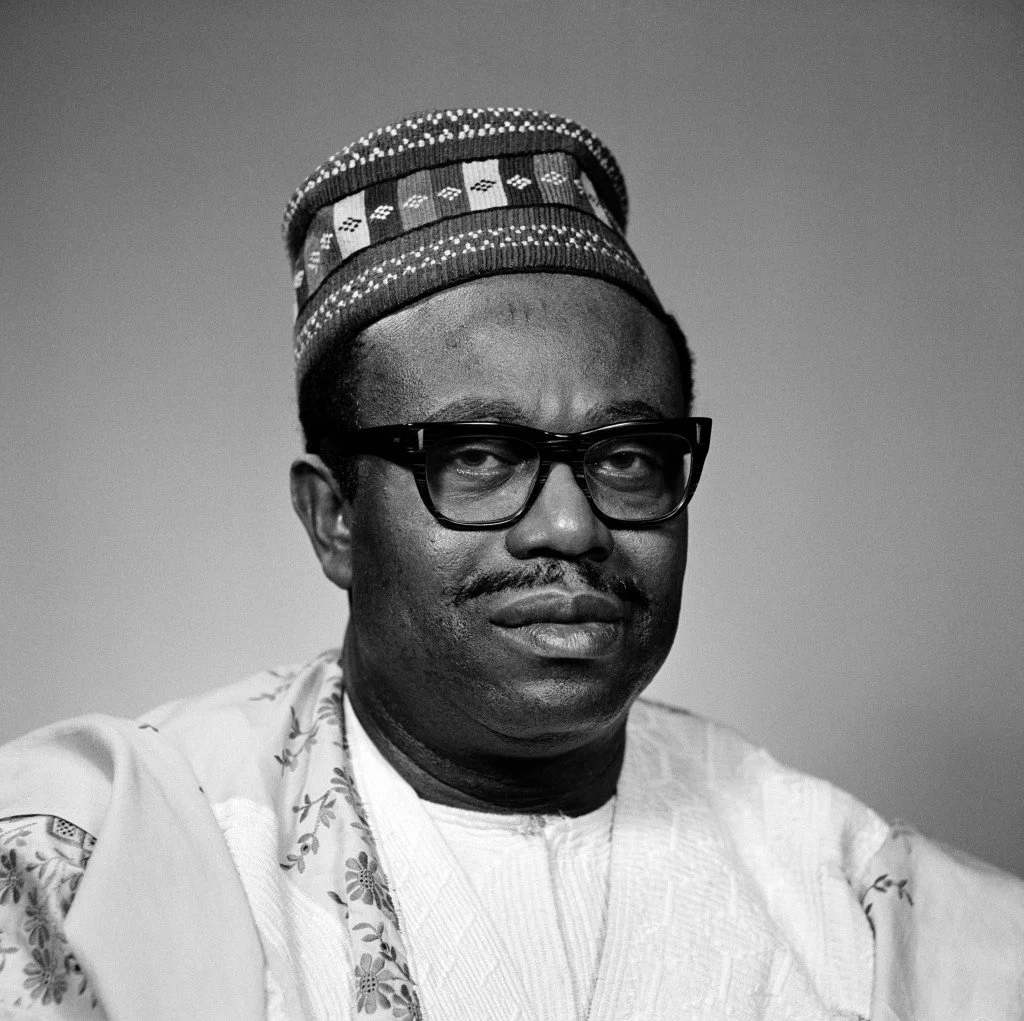
Edwin OGbu Leadership Center
The Foundations’ first project features the construction of the Edwin Ogbu Leadership Center at Methodist College Uzuakoli. This is where the late and great Dr. Edwin O. Ogbu attended, his life, both in service to Nigeria and in his personal interactions, was guided by the values he carried from Uzuakoli— “You before I.” His dedication to public service, much like that of his fellow Uzumeco alumnus, Dr. Michael Okpara, who transformed Eastern Nigeria’s economy, was a testament to the education and ethos instilled at Methodist College.
In his honor. a fitting tribute to his leadership and values will be the establishment of the Edwin O. Ogbu Leadership Center at Methodist College, Uzuakoli. This center will be dedicated to raising the next generation of leaders, equipped with the same values that made Uzuakoli one of Nigeria’s finest institutions of learning. Leadership and development are vital to the progress of any society, and this center will ensure that Uzumeco continues to produce leaders of great moral character and intellect.



